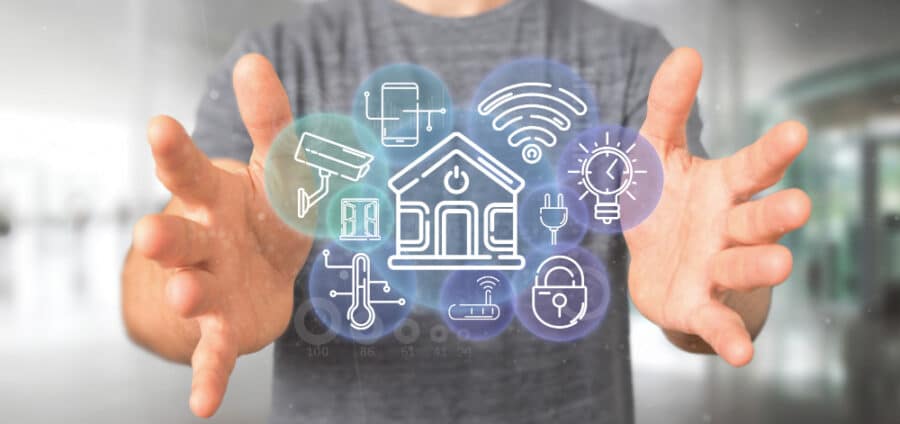During COVID-19, the internet became an invaluable resource for children, especially when it came to remote schooling. It is a great place for kids to learn, be creative, and explore the world. It is also a tool for social development and connecting with friends and family.

Children’s Internet Safety
However, the internet is a big place with some content that is simply not appropriate or safe for children to experience. Let’s explore some of the downsides of the web and how to keep your children away from harmful information and age-inappropriate behavior.
Online Predators
Online predators are often people with an alias or fake profile that try to make an emotional connection with a child or teen by pretending to have similar interests. The predator befriends the child and gains trust. This is often for sexual purposes or to gather personal information, such as address, phone number, and even credit card numbers.
It is important to discuss which online interactions are okay and which are not. Teach your kids never to share any personal information with someone they don’t know. Monitor their’s and your devices by using parental controls, good security settings, and an email account that you can access. Make sure cameras are turned off when not needed. And, go through the content on your child’s computer periodically.
Inappropriate Content
As a child surfs the web, he or she might inadvertently come across inappropriate content, such as sexually explicit material, excessive violence, hateful messages, and gambling sites. This can be very disturbing and harmful.
It is important to teach your children how to only visit secure websites and what content is off-limits. You can assist with this by turning on Google SafeSearch and YouTube Safe Mode. Check the security settings on every computer in the home. And be sure to turn on your firewalls and content blockers.
Cyberbullying
When a child receives mean or abusive messages via social media posts, email, or instant messaging, this is considered cyberbullying. It is especially harmful if this kind of activity involves a group. Cyberbullies can stalk, intimidate, harass, and threaten a child, causing distress and even depression.
Your child needs to understand that bullies may start out as friends to get their attention and then will turn on them by using hurtful language and posts. Set some boundaries, so that the child understands when the interaction is no longer a beneficial one and they can instantly stop responding and block the bully. Again, keep an eye on content and your child’s email and social media.
Bottom Line
These are some of the top concerns for internet safety for your children. There are others because the internet is a vast place. Basically, you need to openly discuss all the pros and cons of using the internet with your children and set age-appropriate limits and security measures to keep them safe. For more information on internet safety, you can read the article “A Guide to Internet Safety for Kids”.

